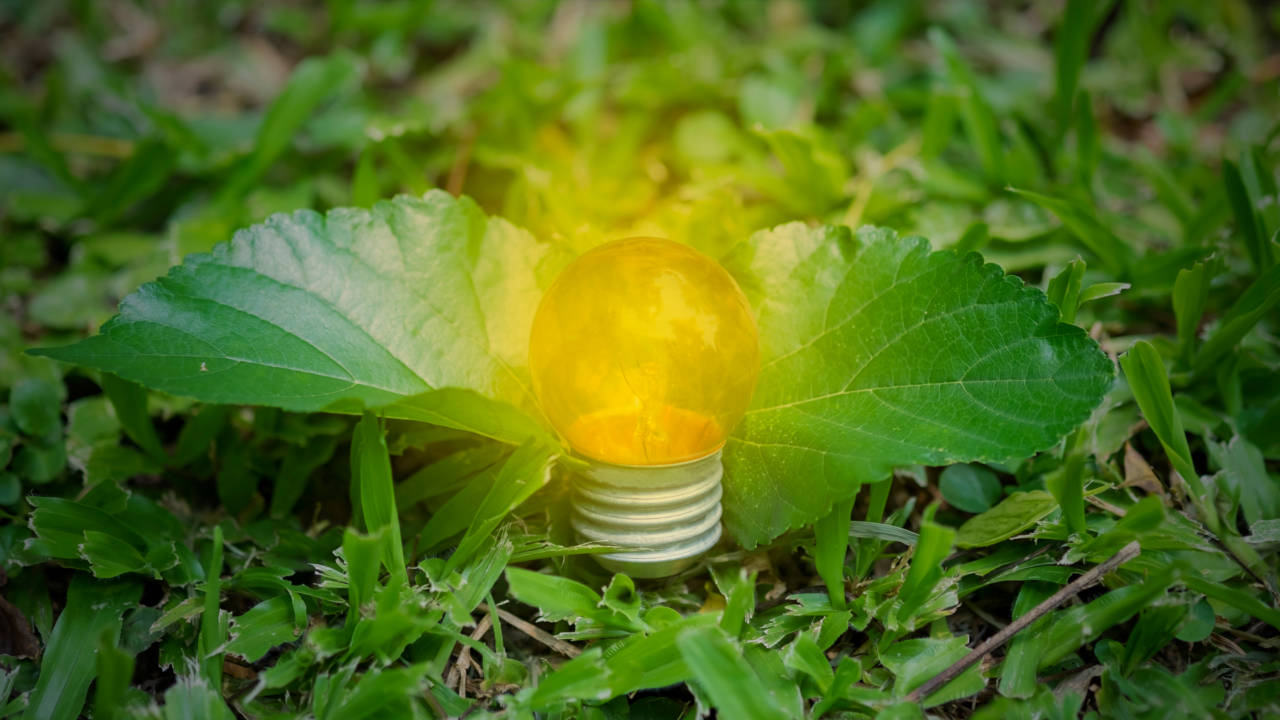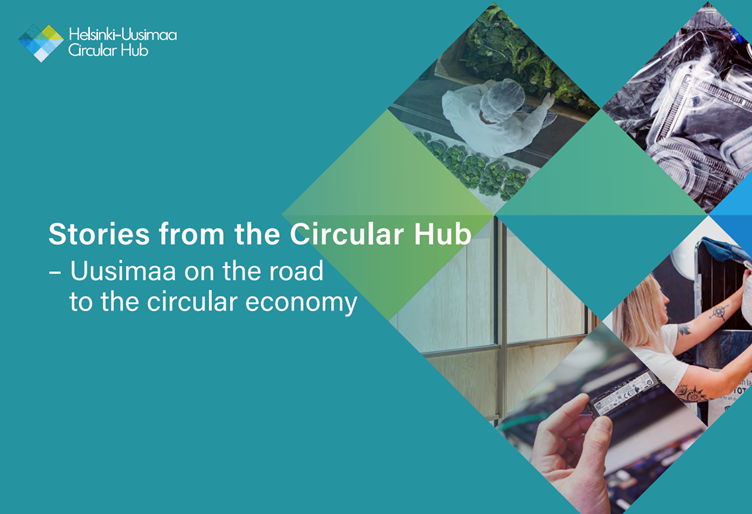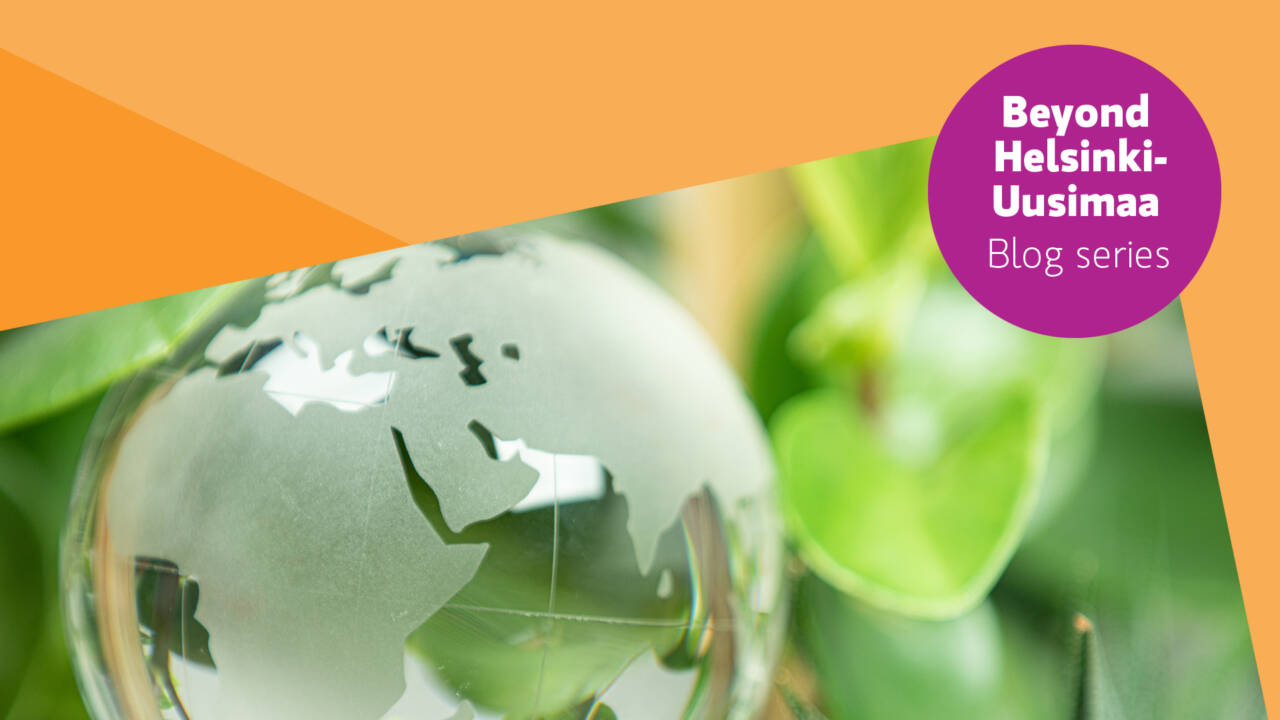Helsinki-Uusimaa: EU bioeconomy must be developed within the limits of nature’s carrying capacity

The European Commission is currently preparing a new bioeconomy strategy that will set guidelines for a functioning circular economy, sustainable production, bio-based products and consumption in Europe. The aim of the strategy is to promote the development of the bioeconomy by utilising renewable natural resources to increase sustainable economic growth, innovation and employment.
The bioeconomy is an important topic for the Helsinki-Uusimaa Region, which is why it is important to participate in the discussion now. The Helsinki-Uusimaa Regional Council, in cooperation with the Helsinki EU Office and regional stakeholders, has prepared a position paper summarising views on the Commission’s upcoming bioeconomy strategy.
The bioeconomy strategy offers significant opportunities for research institutes, universities, companies and municipalities, which can benefit from investments in the bioeconomy and research, development and innovation projects. However, development must take place within the limits of nature’s carrying capacity: the bioeconomy must be developed in a way not jeopardising biodiversity but rather increasing it.
EU legislation should promote adoption of bio-based and circular economy solutions
From the perspective of Helsinki-Uusimaa, the bioeconomy, circular economy and promotion of a clean and green transition are closely interlinked and should also be promoted as a single entity. The bioeconomy strategy must be in line with the EU’s circular economy legislation, which is currently being prepared. Together, these should support the adoption of European bioeconomy and circular economy solutions.
– The new bioeconomy strategy of the EU is an important step forward in achieving its environmental, biodiversity and climate goals. Our Region wants to be strongly involved in providing innovative solutions to promote sustainability and competitiveness throughout Europe, says Sustainability Manager Ms Pia Tynys.
Helsinki-Uusimaa is home to 1.8 million people, which is about one third of the total population of Finland. Thanks to migration, the capital region in particular is one of the fastest growing urban areas in Europe. We are the second most innovative region in Europe (EU Regional Innovation Scoreboard 2023) and the centre of Finland’s international competitiveness, research and development.
The innovation actors of Helsinki-Uusimaa are pioneers in developing a resource-wise and carbon-neutral society that is good for its residents, businesses and nature. Our Region’s strong expertise and RDI activities create well-being and vitality through the wise use of resources. The bioeconomy, circular economy and promotion of the green transition are key development themes in the Helsinki-Uusimaa innovation ecosystem.
Recommendations from Helsinki-Uusimaa:
- The bioeconomy strategy should first and foremost contribute to achieving the EU’s environmental and climate goals, within the limits of nature’s carrying capacity. It must be ensured that bioeconomy solutions offer measurable benefits for the entire planet.
- Bioeconomy, circular economy and clean transition are interconnected and should be regarded as a strategic sustainability framework for the Union. Bioeconomy should also be recognized horizontally as an elementary part of its industrial policy and instruments.
- The role of biotechnology and bio-based solutions in solving global challenges needs to be better recognised.
- Investing in bioeconomy solutions can decrease Europe’s critical dependencies and improve the resilience of the Union, its Member States and regions.
- Funding for R&D, including innovations and bio-based industrial applications, must be increased to advance innovation and maintain the Union’s leading position in the bioeconomy.
- Investing in skills, research and cooperation are essential to realise the full potential of bioeconomy and biotechnology.
- Predictable and coherent, but also flexible, EU regulation should support and enable the development and investments in bioeconomy.
Further information:
For more information, please contact:

Ida Honkanen
International Adviser
ida.honkanen@uudenmaanliitto.fi
Helsinki Smart Region, implementation of strategy for smart specialisation, international visits

Wilhelmiina Koivuniemi
Senior Adviser, EU Affairs
wilhelmiina.koivuniemi@helsinki.eu
Climate, environment and energy policy at Helsinki EU Office
Take also a look at these
 News
News
1.7.2025
Helsinki Regional Council committing to green deal agreement: reducing the use of natural resources to the level of 2015
Circular economy is no longer a mere environmental accomplishment - it is also about competitiveness, security of supply and generally, savings. To promote a sustainable resource-wise future, the Helsinki-Uusimaa Regional Council has joined a regional green deal for circular economy. The green deal is a voluntary commitment in which the participating municipalities are offered support for concrete actions and gives them new opportunities to find solutions and start pilot projects.
 News
News
26.6.2025
Stories from the Circular Hub – Helsinki-Uusimaa on the road to circular economy
More and more sectors are now furthering a transition to circular economy. The Helsinki-Uusimaa Circular Hub was an import cooperation platform for circular economy solutions in the Helsinki-Uusimaa Region, founded in 2023. Highlights from the first project years of the Circular Hub have now been put together in the publication Stories from the Circular Hub, raising both the updates of the sectors and the actors of the regional Hub.
 News
News
22.4.2025
Helsinki-Uusimaa stresses the importance of innovation in EU’s Vision for Agriculture and Food
In February, the European Commission published its Vision for Agriculture and Food. The Helsinki-Uusimaa Regional Council wants to actively participate in the discussion on the guiding principles of the EU's future agricultural and food policy. In cooperation with the Helsinki EU Office and stakeholders, the Helsinki-Uusimaa Regional Council has prepared a position paper that brings together our Region’s views on the Commission's vision.
 Blog
Blog
28.3.2025
From Regional Innovation to Circular Diplomacy: why Europe’s Circular Future Depends on its Regions and Cities
The circular economy isn’t just a technical fix or environmental upgrade. It’s a strategic pathway to resilience, competitiveness, and sovereignty. And it is often regions and cities, working in collaboration with businesses, academia, and civil society, that are best positioned to facilitate this transition. Senior Adviser Christine Chang examies the role of regions and cities in the circular diplomacy.